Ideas into movement
Boost TNI's work
50 years. Hundreds of social struggles. Countless ideas turned into movement.
Support us as we celebrate our 50th anniversary in 2024.

TNI has a long track record of working on land politics within the broader context of agrarian and environmental justice. Many of these have been produced with transnational agrarian movements and partners on the ground. Here, we highlight five key readings (and some further recommended readings!) that TNI has published over the years.
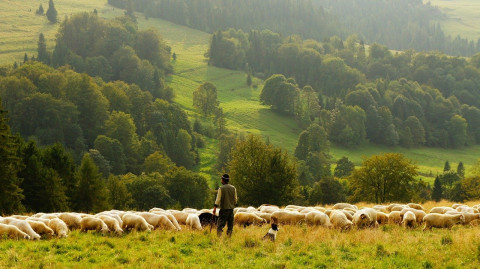
Pixabay
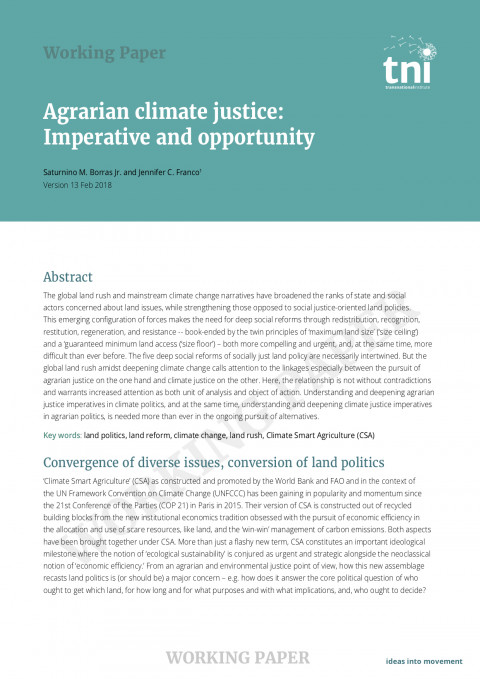
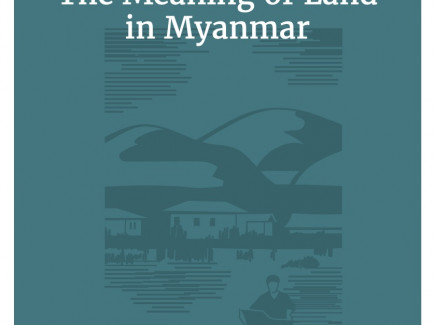
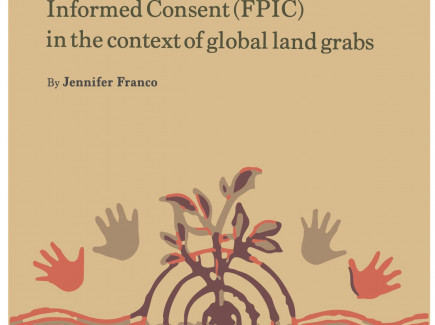

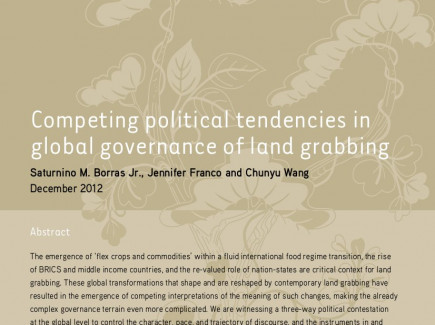
4. The Global Land Grab (2012)
Following the 2008-2009 converging financial-food-feed-fuel crises, land grabbing emerged as a major flashpoint in international politics. TNI’s primer is a concise and indispensable critical guide to the global phenomenon of land grabbing. Find out how the global land grab is justified, what is driving it, why transparency and guidelines won't stop it, and learn about alternatives that could enable people and communities to regain control of their land and territories.
Recommended further reading:
The book, Land concentration, land grabbing and people’s struggles in Europe, documents 13 country case-studies of land dynamics in Europe
Licensed to Grab examines the link between large-scale land deals and international investment treaties
The research brief, Tourism and land grabbing in Bali, explores the impact of tourism on land and livelihoods in Bali, Indonesia building on original field work
5. Competing political tendencies in the global governance of land grabbing (2012)
The emergence of ‘flex crops and commodities’ within a fluid international food regime transition, the rise of BRICS and middle income countries, and the re-valued role of nation-states are critical context for land grabbing. These global transformations, that shape and are reshaped by contemporary land grabbing, have resulted in the emergence of competing interpretations of the meaning of such changes, making the already complex governance terrain even more complicated. We are witnessing a three-way political contestation at the global level to control the character, pace, and trajectory of discourse, and the instruments in and practice of land governance. Future trajectories in land grabbing and its governance will be shaped partly by the balance of state and social forces within and between these three political tendencies. Given that this is a still-unfolding global development, this paper offers a preliminary analysis by mapping under-explored areas of inquiry and puts forward initial ways of questioning, rather than firm arguments based on complete empirical material.
Recommended further reading: